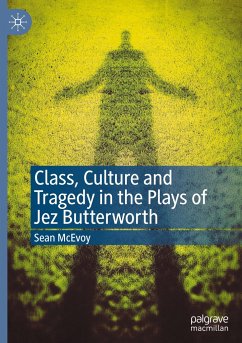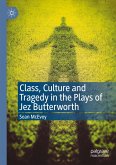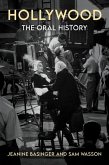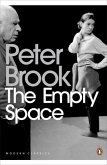Jez Butterworth is undoubtedly one of the most popular and commercially successful playwrights to have emerged in Britain in the early twenty-first century. This book, only the second so far to have been written on him, argues that the power of his most acclaimed work comes from a reinvigoration of traditional forms of tragedy expressed in a theatricalized working-class language. Butterworth's most developed tragedies invoke myth and legend as a figurative resistance to the flat and crushing instrumentalism of contemporary British political and economic culture. In doing so they summon older, resonant narratives which are both popular and high-cultural in order to address present cultural crises in a language and in a form which possess wide appeal. Tracing the development of Butterworth's work chronologically from Mojo (1995) to The Ferryman (2017), each chapter offers detailed critical readings of a single play, exploring how myth and legend become significantin a variety of ways to Butterworth's presentation of cultural and personal crisis.
Bitte wählen Sie Ihr Anliegen aus.
Rechnungen
Retourenschein anfordern
Bestellstatus
Storno








